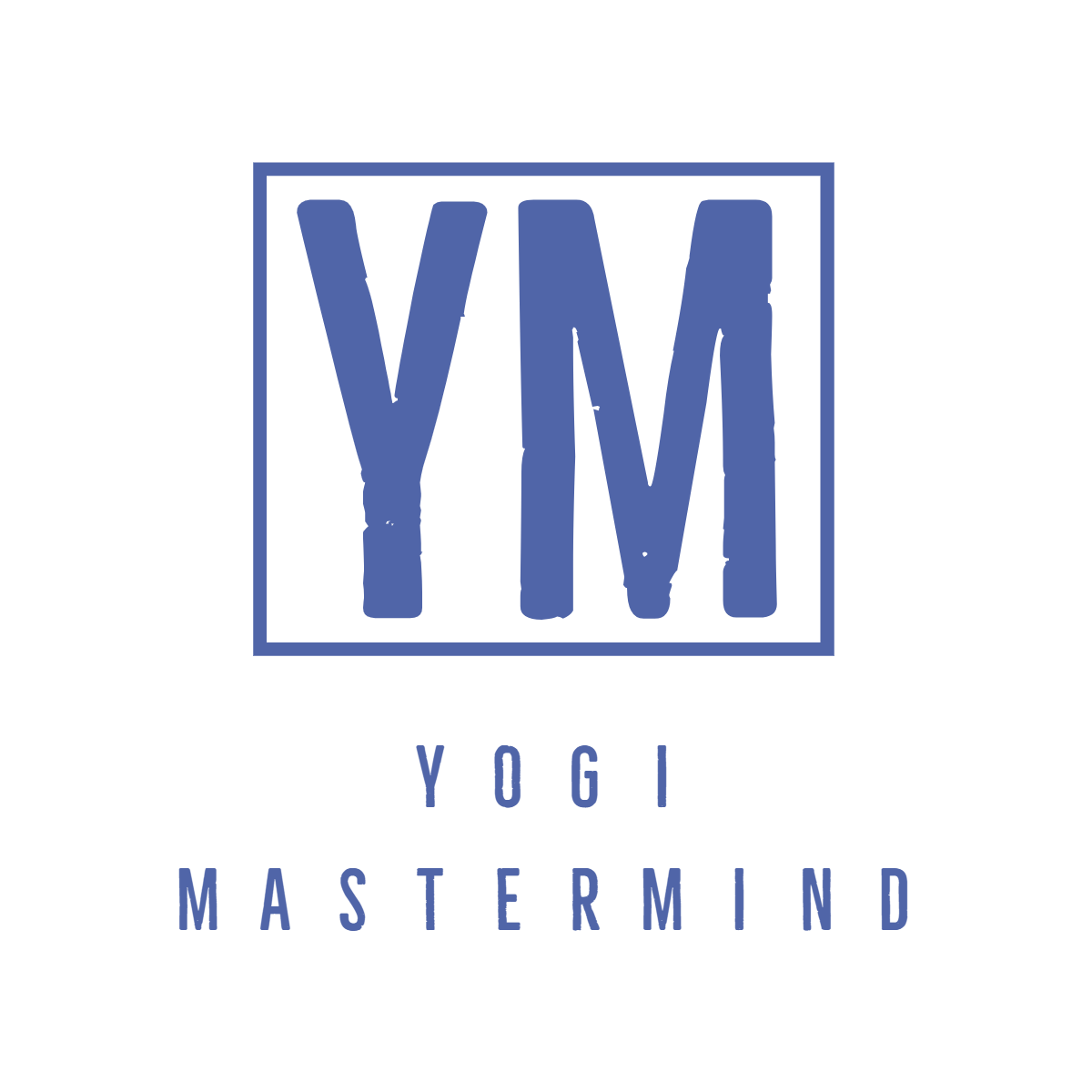
Mastering the Art of Yoga Business Growth: Lessons from Successful Yogapreneurs
Yoga has experienced a significant rise in popularity over the past decade, with more and more people recognizing its numerous physical and mental health benefits. As a result, the number of yoga studios and teachers has also increased, creating a highly competitive market. In order to succeed in this industry, yoga entrepreneurs need to possess not only a deep understanding of the practice itself but also strong business skills.
Lesson 1: Branding and Differentiation: How to Stand Out in a Crowded Market
In a crowded market, it is crucial for yoga entrepreneurs to define their brand and unique selling proposition. This involves identifying their target audience and understanding their needs and preferences. By doing so, yogapreneurs can create a brand identity that resonates with their audience and sets them apart from their competitors.
Lesson 2: Building a Strong Online Presence: The Importance of Social Media and SEO
In today's digital age, having a strong online presence is essential for any business, including yoga studios. Social media platforms provide an excellent opportunity for yoga entrepreneurs to engage with their customers, share valuable content, and promote their services. Additionally, implementing effective SEO strategies can help yoga businesses rank higher in search engine results, making it easier for potential customers to find them online.
Lesson 3: Creating a Memorable Customer Experience: From Studio Design to Customer Service
Creating a welcoming and comfortable studio environment is crucial for attracting and retaining customers. The design of the studio should reflect the brand identity and cater to the needs of the target audience. Additionally, providing excellent customer service is essential for building loyalty and generating positive word-of-mouth referrals. By going above and beyond to create a memorable experience for customers, yoga entrepreneurs can differentiate themselves from their competitors.
Lesson 4: Diversifying Revenue Streams: The Power of Retail, Workshops, and Retreats
While traditional yoga classes are the main source of revenue for most yoga studios, diversifying revenue streams can provide additional income and attract new customers. Incorporating retail sales, workshops, and retreats into the business model can help yoga entrepreneurs maximize revenue while providing value to their customers.
Lesson 5: Navigating the Legal and Financial Aspects of Running a Yoga Business
Running a yoga business involves various legal and financial considerations. Yoga entrepreneurs need to understand the legal requirements for operating a business, such as obtaining necessary licenses and permits. Additionally, managing finances and taxes is crucial for the long-term success of the business. It is also important to protect the business through insurance and liability coverage.
Lesson 6: Developing a Growth Mindset: Overcoming Challenges and Embracing Change
Having a growth mindset is essential for overcoming challenges and adapting to change in the yoga industry. Yoga entrepreneurs need to be open to learning from their failures and using them as opportunities for growth. By embracing change and continuously seeking ways to improve, yogapreneurs can position themselves for long-term success.
Lesson 7: Cultivating a Strong Community: Building Relationships with Students and Fellow Yogapreneurs
Community plays a vital role in building a successful yoga business. By fostering relationships with students, yoga entrepreneurs can create a sense of belonging and loyalty. Additionally, collaborating with fellow yogapreneurs can help grow the business and contribute to the overall growth of the industry.
Lesson 8: Balancing Passion and Profit: How to Stay True to Your Values While Running a Successful Business
While it is important to run a profitable business, it is equally important for yoga entrepreneurs to stay true to their values and mission. Balancing passion and profit involves making decisions that align with the core values of the business while also ensuring financial sustainability. By maintaining authenticity and integrity, yoga entrepreneurs can build a strong reputation and attract customers who resonate with their values.
Lesson 9: Investing in Professional Development: The Importance of Continuing Education and Mentorship
Continuing education and mentorship are essential for the growth and development of yoga entrepreneurs. Investing in ongoing education allows yogapreneurs to stay updated with the latest trends and developments in the industry. Additionally, finding mentors and networking opportunities can provide valuable guidance and support throughout the entrepreneurial journey.
The Future of Yoga Business and the Role of Yogapreneurs in Shaping the Industry
The future of the yoga industry holds great potential for continued growth and innovation. As the industry evolves, the role of business skills and entrepreneurship becomes increasingly important. Yogapreneurs have the power to shape the future of yoga by driving positive change and making it accessible to all. By combining their passion for yoga with strong business acumen, yogapreneurs can create successful businesses that contribute to the overall well-being of individuals and communities.

